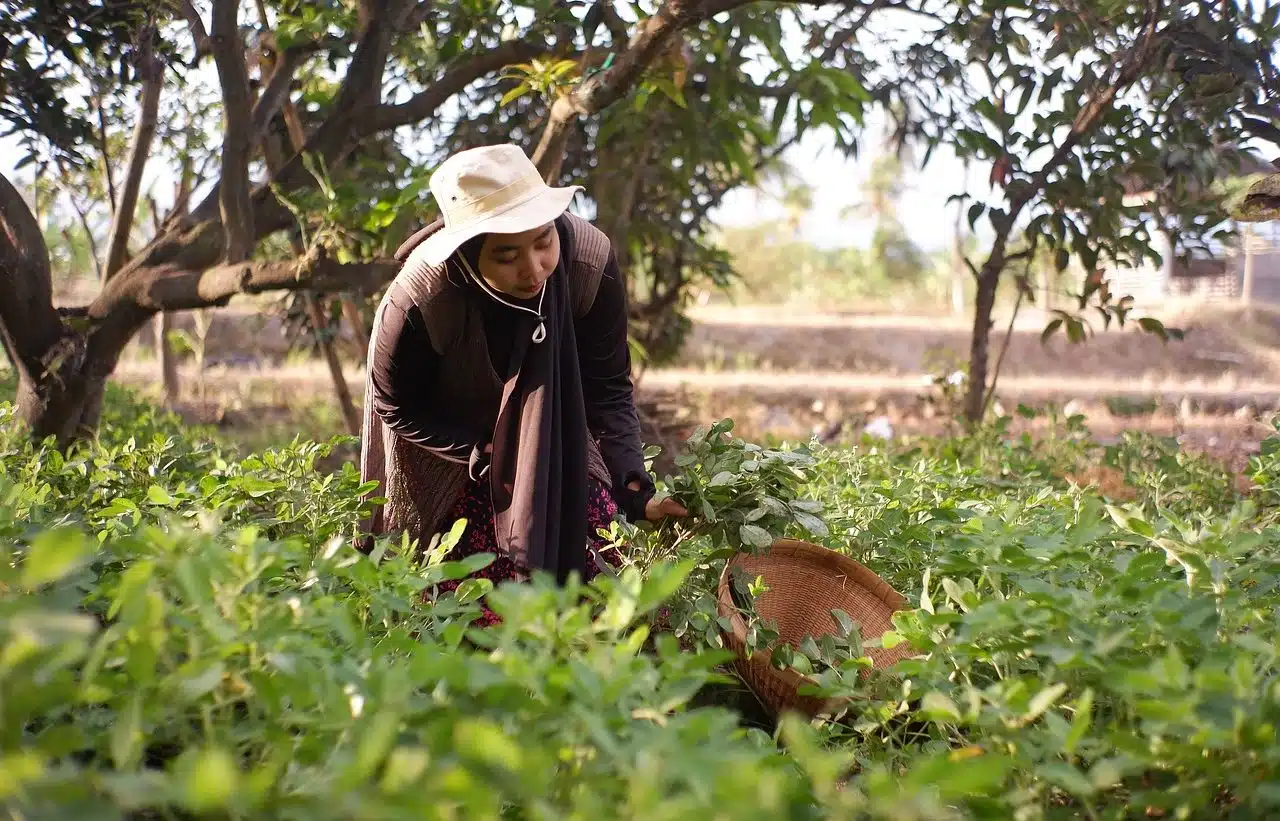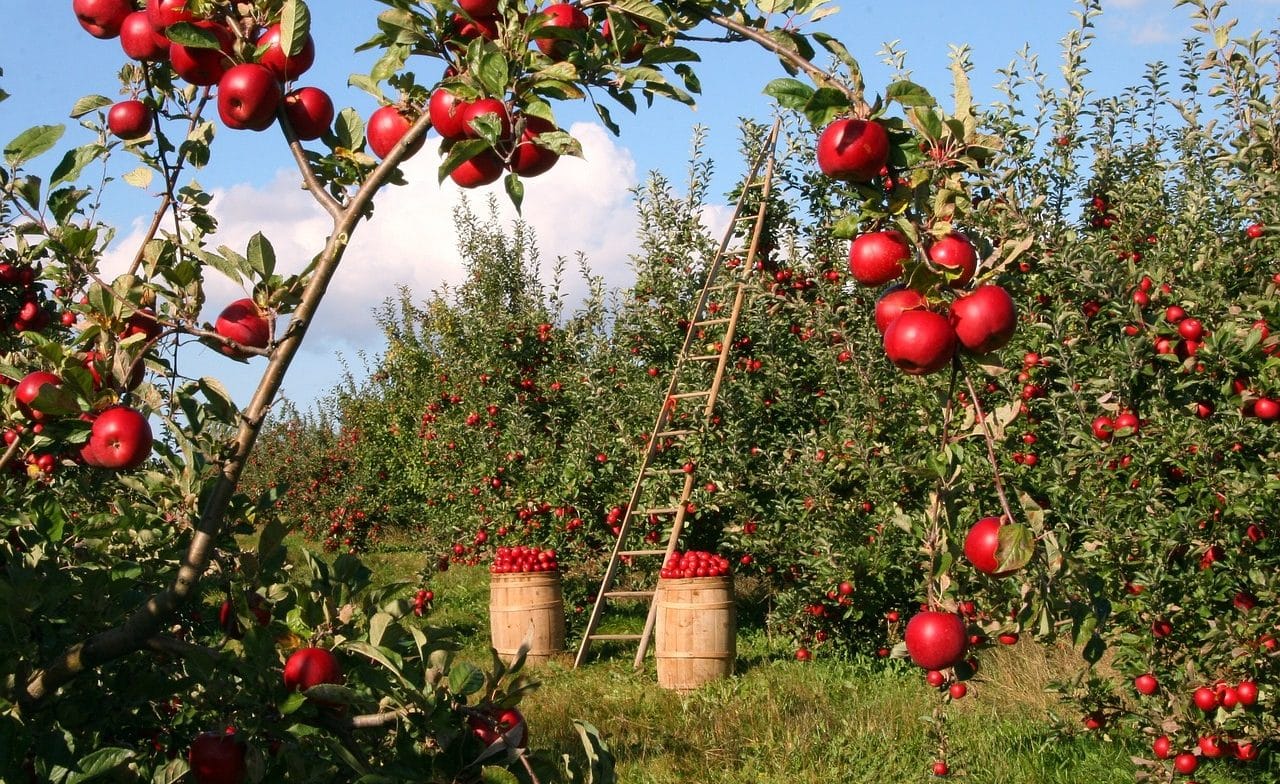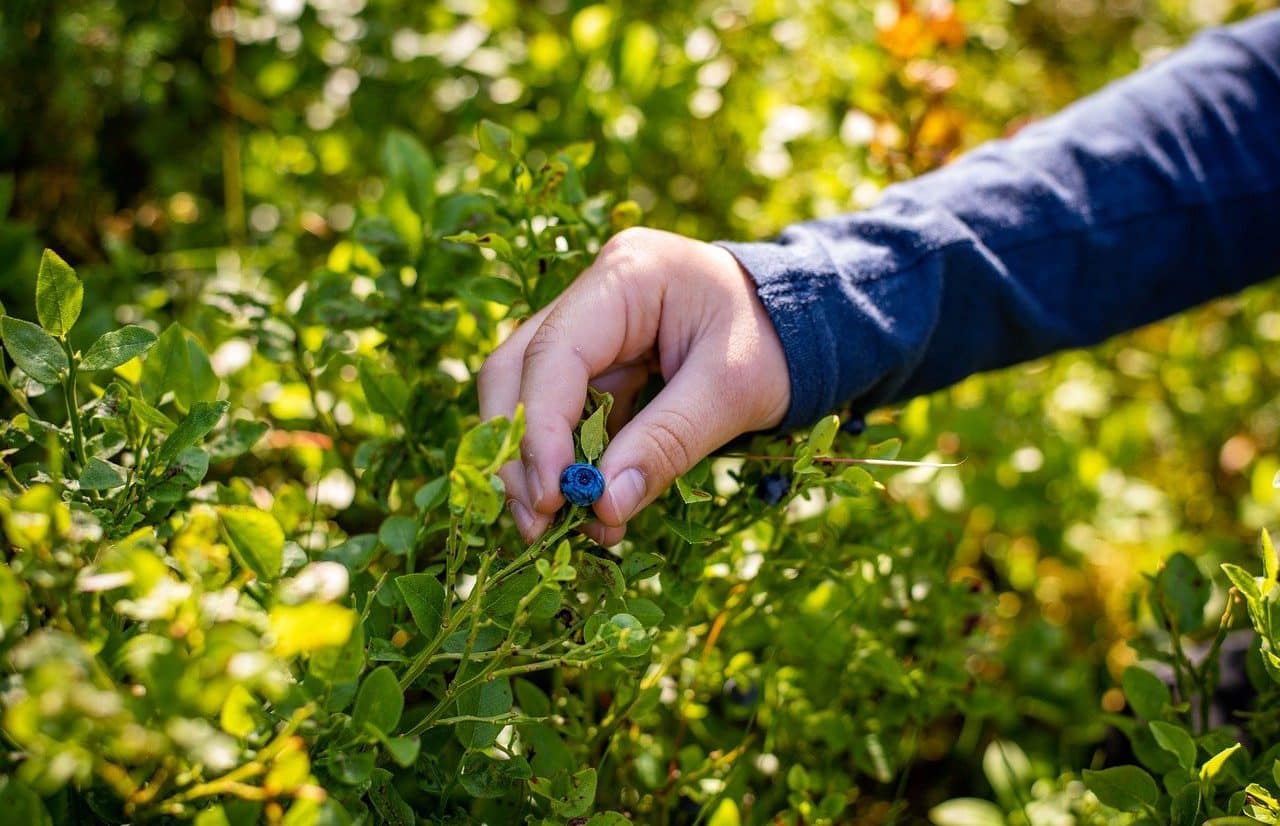
Organic farming reduces the carbon footprint and contributes to soil conservation.
Organic agriculture is a model of agricultural production that uses ecological practices and inputs . The concept is usually associated with those systems and methods that dispense with chemical compounds that harm the environment.
Also called organic farming or organic farming , it calls for the optimal use of natural resources for the sustainable production of healthy foods. This means that organic agriculture does not damage soil fertility or generate pollution .
It should be noted that agriculture is the cultivation of the land. The adjective organic , meanwhile, refers to that which has carbon among its components and integrates the organism of living beings.
History of organic agriculture
The history of organic agriculture begins around 1930 in English territory. Although several of its precepts had already been applied for a long time in different regions, it is considered that the British botanist Albert Howard ( 1873 – 1947 ) was the one who formalized and promoted its principles.
An English government official, Howard ran a research farm in British India . There he noticed the benefits of Hindu practices and came to the conclusion that human health is closely linked to the health of crops and animals.
Howard expressed his thoughts and proposals in "An Agricultural Testament" , a book that was published in 1940 and is considered the beginning of organic agriculture. In this text he refers to the importance of cover crops and composting, the rational use of resources and how healthy soil improves the health of vegetables.
The works of the English Lady Eve Balfour (author of "The Living Soil" ) and the American Jerome Irving Rodale (who edited the magazine " Organic Farming and Gardening" and founded the Rodale Institute ) were also key in the dissemination of this agricultural model.

Organic agriculture standards are established by different organizations depending on the region.
Its principles
Organic agriculture is based on land management and food production respecting biological activity and natural cycles . This allows it to take care of nature and generate products that lack compounds from chemical synthesis and that present better quality nutrients compared to those obtained by conventional systems.
It is usually highlighted that organic agriculture privileges mechanical, biological and agronomic procedures, avoiding synthetic elements. In this way, it manages to offer healthy foods , contributes to the care of agricultural workers and protects nature.
For fertilization, in this framework, it mainly uses organic fertilizers such as compost (humus that is generated when organic waste decomposes through a controlled biochemical process). Green fertilizers (plants that protect the soil and then improve its conditions) and mineral fertilizers that are extracted by physical mechanisms from natural sources can also be used.
As for pest control, organic farming uses biopesticides and insect traps instead of synthetic pesticides , for example. In some cases, they even opt for the release of beneficial insects . To keep birds away, you can also use ultrasound .

Organic agriculture usually uses biocontrol of diseases and pests to avoid the use of chemical compounds.
Organic farming and crop rotation
Crop rotation is a very important technique in organic agriculture. It consists of carrying out an alternation of plants from different families in the same place, cycles occurring. In this way, since each plant has its own nutritional requirements, the soil is not depleted and diseases that affect certain species are prevented from persisting over time.
Therefore, crop rotation is a natural resource that helps reduce disease problems, contributes to pest control , hinders the growth of weeds and optimizes fertilization.
healthy food
Regardless of the benefits it brings to the soil and the environment , organic farming is often valued for providing access to healthy food. As we already indicated, organic foods are produced without using chemical compounds and do not include additives.
Various studies indicate that these foods have more nutrients and a lower amount of pesticide residues. It is important to look for those with organic certification , a label that guarantees that the mentioned production criteria have been respected.
Although organic food is often associated with plants (organic vegetables), the qualification also applies to other foods. Organic honey , to mention an alternative, is the result of organic beekeeping (which does not use synthetic chemicals) and does not include any type of additives.
Expanding the notion of agriculture towards agriculture, we find organic livestock farming that is based on ecological principles. These are grazing cattle that are fed on land free of chemical pesticides. Organic meat, in this way, guarantees food security .
It should be noted that organic food is usually found in natural food stores . However, it must be taken into account that a natural food may not be organic.
